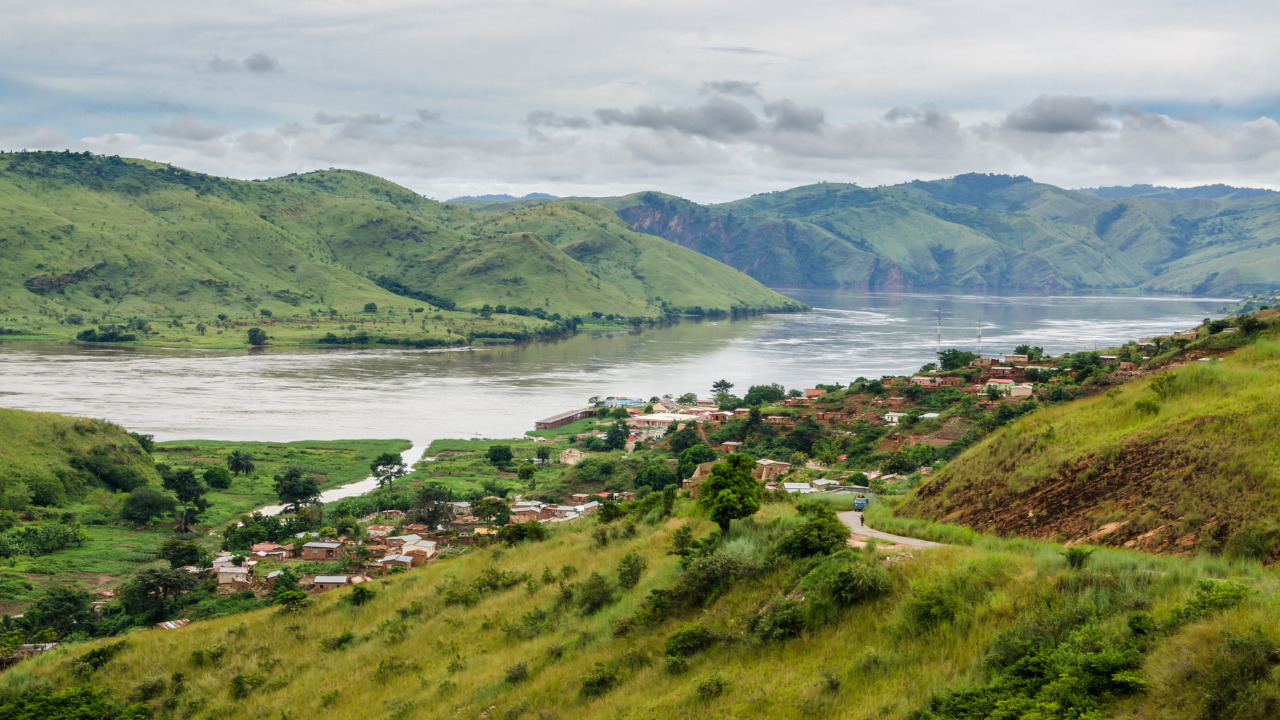Date first published: 23/06/2022
Key sectors: all; mining
Key risks: internal conflict; external conflict; bilateral relations
Risk development
On 17 June Kinshasa closed its border with Rwanda after Rwandan border guards killed a Congolese soldier who opened fire on police officers 25 km inside Rwandan territory. A week prior on 10 June, the two countries exchanged accusations of rocket fire across the border in which a Congolese army spokesperson stated that two children had been killed and one injured when a rocket seriously damaged a school in the DRC’s eastern territory. In turn, the Rwandan Defence Ministry accused Congolese forces of firing two rockets into Rwanda from the Bunagana area where Congolese forces have been fighting the M23 rebel group which Kinshasa has accused Kigali of supporting. The fighting has forced tens of thousands of people to flee their homes and has reignited a diplomatic crisis in the Great Lakes region.
Why it matters
There is a moderate to high risk of a military escalation in the region, with a high risk of civilian casualties on both sides of the border. Mining activities in the DRC’s mineral-rich eastern provinces could experience a knock-on effect – including disruption to operations – from potential military escalation. The diplomatic dispute also risks diverting resources and attention from operations against multiple rebel groups active throughout the DRC’s eastern provinces. Increasing anti-Rwandan sentiment in the DRC – as witnessed by protests in recent weeks – could also pressure Kinshasa to adopt a more assertive position during the crisis.
Background
The diplomatic crisis is closely intertwined with the resurgence of attacks by the M23 – a Tutsi-dominated rebel group which Kinshasa claims is receiving support from the Rwandan government. The group, founded in 2012, launched its new wave of attacks in protest of Kinshasa reportedly not respecting an agreement that included the demobilisation and reintegration of rebels into the Congolese army and government.
On 20 June the seven heads of state from the East African Community (EAC), including DRC and Rwanda, met in Nairobi and approved the deployment of a regional force to DRC’s eastern provinces to counter rebel activity. The force will work in cooperation with the military and provide support for the disarmament and demobilisation process. However, it is unclear if Rwandan troops will be involved as Congolese President Felix Tshisekedi stated Kinshasa would not accept their presence.
Kinshasa’s accusations stem from allegations Rwanda is seeking to maintain its geopolitical influence and profit from extraction of the area’s mineral resources. To complicate the situation further, Kigali has been critical of neighbouring Ugandan’s recent military presence in the DRC to stem the originally-Ugandan-based Allied Democratic Forces (ADF) rebel group, as Kigali views Uganda as a major competitor over political influence and mineral resources in DRC. The tense Uganda-Rwanda relationship, in which President Tshisekedi has tried to mediate albeit partially successfully in recent years, further increases regional tensions.
Risk outlook
The DRC and Rwanda will likely seek to avoid full-scale outright conflict. However, further cross-border skirmishes are likely to continue. The EAC regional force could support curtailing rebel groups in the region in the short to medium term but President Tshisekedi will need to set clear rules for foreign military operations in the country as the deployment of foreign troops raises the risk of a proxy conflict – a dangerous dynamic that previously characterised the country’s civil war.

